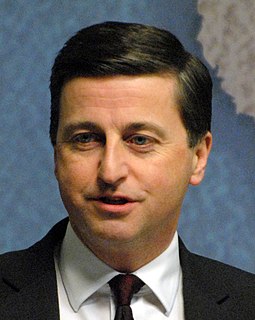Top 78 Quotes & Sayings by Douglas Alexander
Explore popular quotes and sayings by a British politician Douglas Alexander.
Last updated on April 14, 2025.
There's no doubt that what has emerged in the years after 9/11, unlike the situation in Britain, there were practices sanctioned in the U.S. that fall far below the standard of conduct that should have taken place. It is for the American system of government, in all of its branches, to address that. It is not for a British politician.


















